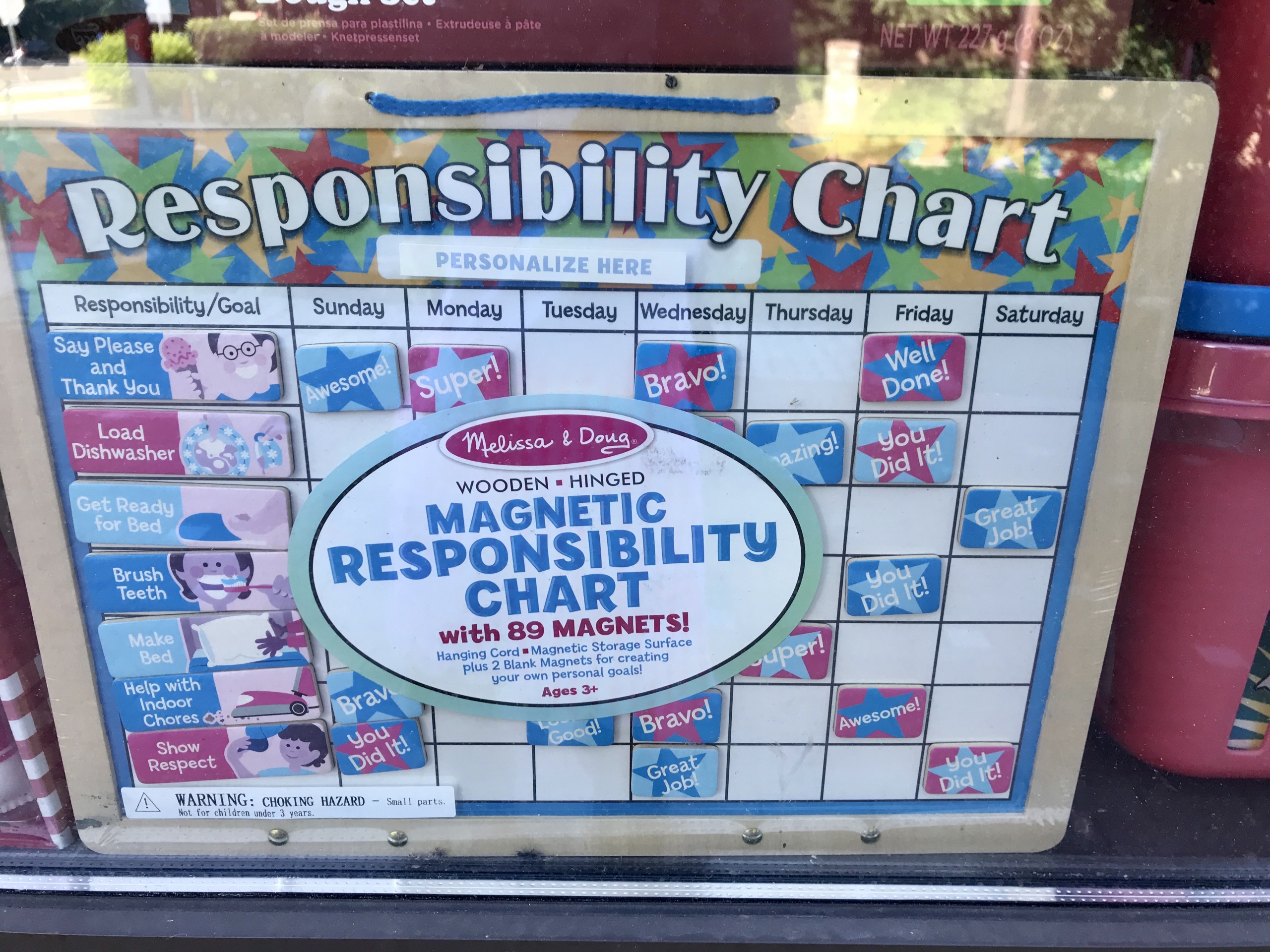As a family law attorney for over two decades, I have been privy to a lot of heated arguments, and especially in mediation sessions I have witnessed many first-hand when settlement negotiations have taken a detour and a couple has reverted to blame-shifting and focusing on the past rather than staying present with me in problem-solving mode.
I am used to people being loud and emotional, especially as a Latina. But as a first gen American, who studied diplomacy in undergrad and became a licensed attorney by age 25, my entire adult life I have been trained to uphold our generally accepted social norms that are codified in our laws in order to allow our society to function properly. And while I admit that a huge part of my job is educating others on what our rules are particularly with respect to family law issues, there are certain basic principles that even a child over the age of 8 should know, e.g. use your words, not your fists.
Before I continue, let me just be clear that Chris Rock’s joke at Jada’s expense was incredibly hurtful and out of line– even he has admitted that in his recent apology. Also, it pains me to use Will Smith, an actor I have enjoyed watching over the years, as an example of what not to do. But maybe this is exactly why Will Smith, someone loved and admired by so many is the perfect illustration of how a split second decision can derail a good person’s life, which is a frequent occurrence in my legal world.
The reality is hurtful and disparaging remarks are made every day, and we expect people to either verbally defend themselves or walk away. In that moment those are really the only two choices you have. We have all been there, and we all know that walking away is not easy, but when you know that continuing a conversation will be fruitless, it really is the only logical choice. Of course, in order to implement logic you have to use your frontal cortex, which is the logical part of your brain that helps you with impulse control, managing emotions, and predicting consequences.
Even though I did not go to medical school or study psychology, I have spent the last twenty years learning about how the research from these fields can provide insight into what clients in a family law situation are experiencing. And the most fascinating thing my medical colleagues taught me is that when someone is upset, their limbic system takes over and the amygdala is triggered, which causes us to either want to fight or take flight. There is so much more to say about this, but basically for Will Smith at the Oscars, once his wife was insulted, his emotional brain took over and he only saw two options in that split moment: do I flee or fight? Unfortunately, he chose the latter– in front of millions around the world who watched in horror as he physically assaulted Chris Rock.
Luckily for Will, Chris does not want to press criminal charges. Many, however, are not so lucky, and particularly in a situation where two people are cohabitating, you really only need one assault to then have a genuine fear of your physical and emotional safety so that one instance is often enough to get a Temporary Protective Order (which is a civil matter, not criminal) in court. For a TPO, the victim swears out an affidavit outlining the situation, and then within about a week or so after being kept out of the home the other person (who is served with notice) will have a chance to present his/her case, and the court then determines if an Order should be granted for a longer period of time.
TPOs happen quite often as part of family law cases, and usually part of the solution is for the aggressor to take anger management classes. As part of these classes, mental health professionals teach people techniques to basically calm down that amygdala and use their frontal cortex in heated situations. The 2 main tools for this to work are:
1. Know your warning signs– usually, your heart starts racing, your mind starts spinning, your palms get sweaty, your vision narrows, and your instinct is to lash out.
2. Cooling off techniques– go for a walk/run/bike ride, meditate, have a calming mantra, count slowly to 10 before you say or do anything, talk to someone to help you process your feelings, ask a friend for a hug, or pull from a happy memory.
At Will’s age (53), you would expect him to have more self-control, unlike someone under the age of 25 whose frontal cortex has still not fully developed. But like I said, we see these momentary lapses of reason in court all the time, and it is true that we all make mistakes, however, some mistakes are more severe than others and carry lasting consequences. In this case we have yet to see what those consequences will be, but I sincerely hope the take-away is not that violence in some instances can be justified which is exactly what is implied when people talk about the “bad blood” or “history” between Will and Chris. That’s not an argument that has ever been held up in court, and I cannot imagine it would even hold up in the principal’s office at school.
If there is one final take-away from this incident it should be this: no amount of verbal provocation will excuse physical assault. As Will himself stated in his belated apology, “violence in all forms is poisonous and destructive.” Hopefully he will get the help he needs to manage his emotions better, and the Academy will do the right thing by sending a clear message of zero tolerance for that kind of behavior in the future.
By Regina A. DeMeo








